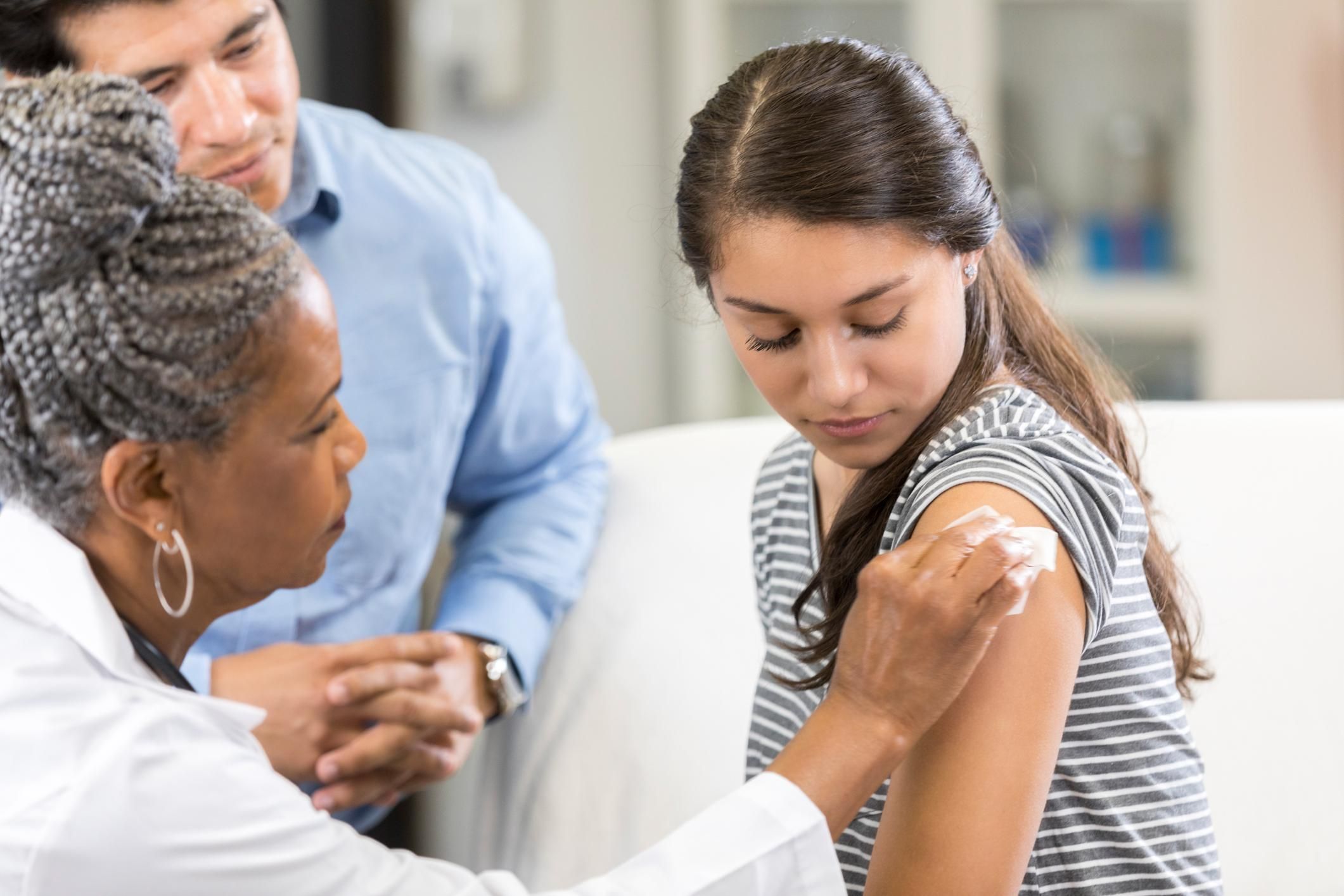Did you know that meningitis rates are highest in babies younger than 1 and teens and young adults ages 16 to 23? Although it’s rare, meningitis B can strike otherwise healthy people without warning, progress quickly and be fatal — sometimes within 24 hours.
That’s why it’s critical to learn the risks, signs, symptoms and steps you can take to protect your loved ones from getting this infectious disease. We provide expert guidance on the important vaccines that all children and young adults should receive and what questions to ask your child’s healthcare provider.
In a moving Real Women, Real Stories, we also spoke to Patsy Schanbaum about her daughter Jamie’s battle against meningitis. After everything Patsy and her family went through, Patsy’s message to other parents is the same as our message to our readers: Meningitis B is a serious disease — and vaccines provide the best defense.
This resource was created with support from GSK.
Meningitis B Education Program Resource List
Meningitis is an infection of the lining of the brain or spinal cord caused by a viral or bacterial infection. Five groups of Neisseria meningitidis cause bacterial meningitis: A, B, C, W and Y. Reaching parents with information about vaccination and shared clinical decision making are crucial for meningitis B vaccination. Since a meningitis B vaccine was not available until 2014, most teenagers have not yet received the vaccine suggested for 16-23 year olds. As a result, millions of teenagers and young adults aren’t vaccinated against meningitis B. For more information, be sure to contact your healthcare provider and visit the links provided below.
HealthyWomen Resources
- Questions to Ask Your Child’s Healthcare Provider About Meningitis B
- Fast Facts: What Parents Need to Know About Meningitis B
- My Daughter Jamie Lost Her Legs and Fingers in a Ferocious Battle Against Meningitis
En Español
- Información resumida: Lo que los padres deben saber sobre la meningitis B
- Preguntas para el médico de su hijo sobre la meningitis B
Additional Resources
- Centers for Disease Control and Prevention: Meningitis B
- CDC: Meningococcal Vaccination
- National Meningitis Association


